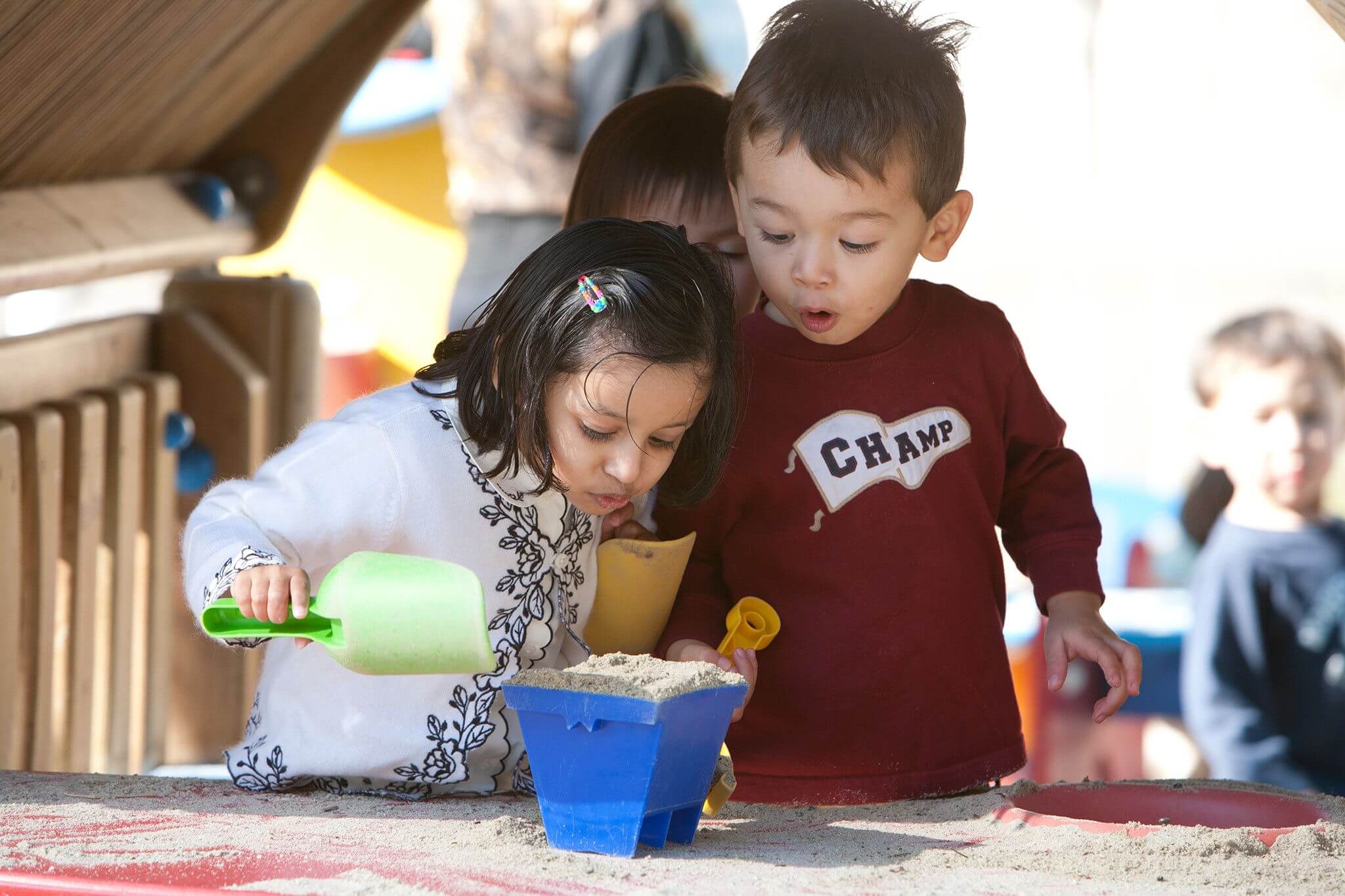For many, the transition from toddler to school age brings up a big question: Is Kindergarten mandatory for my child? The answer isn’t as straightforward as you think – ultimately it boils down to where you live.
Is Kindergarten mandatory in the U.S.?
While most American children attend Kindergarten, it is not universally required across the United States. Currently, only 19 states and Washington, D.C. mandate Kindergarten attendance. In the remaining states, Kindergarten is optional, though school districts are typically required to offer at least a half-day program.
This means that in a majority of states, parents have the option to delay formal schooling until first grade. However, even in states where Kindergarten isn’t mandatory, enrolling your child can offer significant developmental and academic benefits.
Why Kindergarten matters
Kindergarten is more than just a stopover on the way to first grade. It lays the foundation for a child’s academic journey by introducing essential academic and interpersonal skills.
Educators emphasize that Kindergarten helps children build cognitive, emotional, and social skills that are difficult to replicate in a home setting. These include creative problem-solving, sharing, and emotional regulation.
Rachel Robertson, Bright Horizons’ Chief Academic Officer, emphasizes the importance of this period in your child’s development: “There’s so much opportunity in early childhood to influence children’s trajectory for the rest of their lives. We want to help children be thinkers and learners and really understand essential social-emotional skills.”
At this age, children are deeply curious and keen to explore and discover. Kindergarten allows them the opportunity to pursue their interests and develop the foundational habits that will serve them throughout their academic and personal lives.
Kindergarten age requirements
Another common question parents ask at this period in their child’s life is: At what age should my child start Kindergarten? Again, the answer varies by state.
Most states set the Kindergarten age requirement at 5-years-old, but the cutoff dates differ.
These age requirements are designed to ensure that children are developmentally ready for the classroom environment. Understanding the mandatory school age by state is key to knowing when your child must legally begin their education. In most states, compulsory education laws require children to start school between the ages of 5 and 7.
Here are a few examples:
- Arkansas: Mandatory school age is 5, and Kindergarten is required.
- New York: School attendance is required starting at 6, but Kindergarten is not mandatory statewide.
- Louisiana: Children must attend school by age 7, but Kindergarten is required unless the child passes a readiness test.
This variation in laws can be confusing, especially for families who move between states. That’s why it’s important to check with your local school district or state education department to understand the specific requirements in your area.
Should you enroll your child in Kindergarten even if it’s not required?
Even in states where Kindergarten isn’t mandatory, it's still advisable to enroll your children. Early exposure to structured learning environments can ease the transition to first grade and reduce the risk of academic delays.
Additionally, many first-grade teachers assume that students have already acquired basic skills in Kindergarten. Skipping this developmental year could leave your child at a disadvantage, both academically and socially.
Knowing the Kindergarten age requirements and mandatory school age by state can help you make informed decisions about your child’s education.
If you're unsure about the rules in your area, reach out to your local school district — they can provide guidance tailored to your situation. Even if it’s not required, Kindergarten is always a valuable investment in your child’s future.
How Bright Horizons can help
Bright Horizons offers a Kindergarten experience that inspires a lifelong love of learning. In addition to a foundational academic curriculum, your child will have the opportunity to explore, experiment, and discover the world around them, all while developing essential interpersonal skills.
As Rachel Robertson puts it, “We want children to understand that their vision, creativity, and approach are much more important than any final product. Focusing on the process versus the outcome is essential to developing a belief in themselves and their own creativity and problem-solving ability.”
Learn more about how Bright Horizons Kindergarten program can enhance your child’s development and prepare them for first grade and beyond.
And to find a Bright Horizons location near you, use our center locator.





